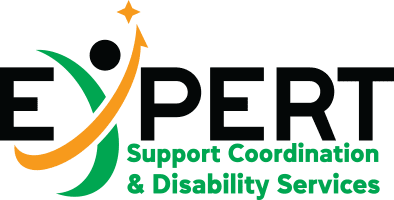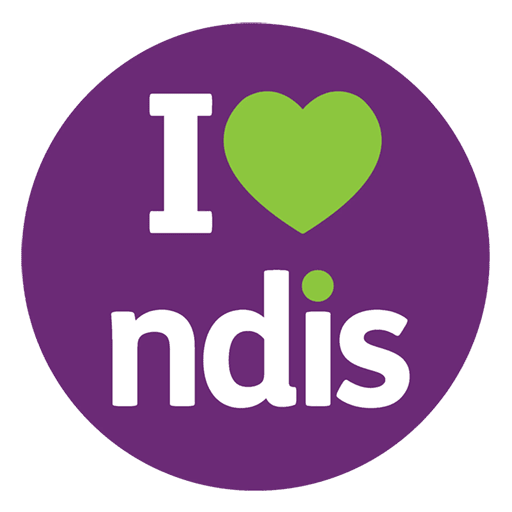Our Services
We provide compassionate, considerate, and respectful care throughout all phases of your life.
- REGISTERED NDIS PROVIDER - ACCEPTING REFERRALS NOW
At Expert Support Coordination and Disability Services (ESCDS), we employ a person-centered approach, prioritizing the delivery of top-quality care to participants across various NDIS core support and capacity-building categories. Our caregivers provide a warm and encouraging presence while consistently honoring your beliefs and values. Your care team places you at the heart of all decision-making processes, recognizing that you are the foremost authority on your own needs and aspirations.
Our services:
We provide our extensive NDIS core support and capacity building services across the state of Victoria.
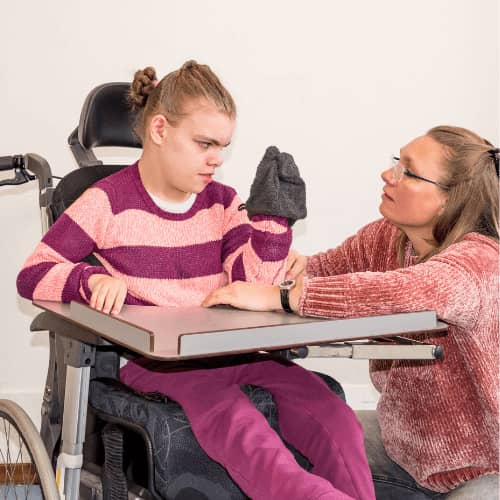
Specialist Support Coordination, Coordination of Support and Support Connections
Our Support Coordinators, well-credentialed in Social Work and experienced in aiding individuals with disabilities and their families, collaborate with all participants. We place special emphasis on those needing extensive support to fully optimize their NDIS plan. Our overarching objective is to assist you in maximizing your options, enhancing your self-sufficiency in managing supports, and ensuring that NDIS services align with your long-term aspirations.
Support coordination services in the NDIS are categorized as follows:
Support Connection: We help you understand your plan and connect you with providers and broader support systems to reach your goals.
Coordination of Supports: We collaborate to design and build your supports and assist in maintaining your support networks.
Specialist Support Coordination: In complex or crisis situations, our focus is on achieving outcomes and simplifying support complexities.
Development of Daily Living and Life Skills
The development of daily living and life skills involves acquiring and honing essential abilities and knowledge necessary for independent and functional living. These skills encompass a wide range of activities and competencies that enable individuals to manage their daily routines, take care of themselves, and participate effectively in society.
Key components of this development include:
Self-Care: Learning personal hygiene routines, grooming, dressing, and basic health practices to maintain physical well-being.
Household Management: Acquiring skills for cleaning, organizing, and maintaining a living space, including managing finances, paying bills, and handling household chores.3
Social Skills: Learning appropriate social behaviors, such as making friends, resolving conflicts, and demonstrating empathy and respect towards others.

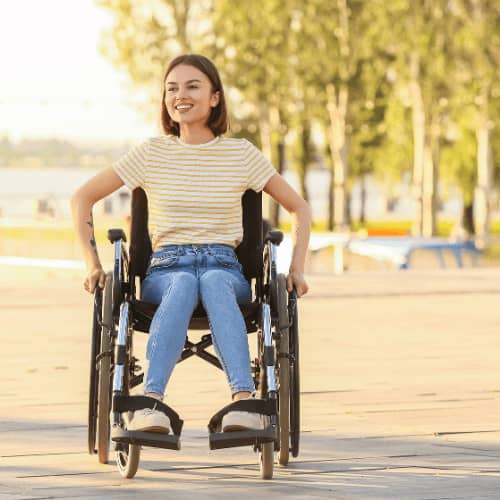
Daily Personal Activities
Assistance with daily personal activities is offered for various activities like:
- bathing
- dressing
- meal preparation
- medication assistance
As well as help with:
- cleaning
- gardening
- shopping
- and going to personal appointments.
Participation in community, social & civic activities
Participation in community, social, and civic activities refers to actively engaging in a wide range of events, initiatives, and interactions within one's local community and broader society. This involvement is essential for building strong, inclusive communities and fostering a sense of belonging and civic responsibility.
It includes:
Community Involvement: Joining local organizations, clubs, or groups focused on various interests, such as sports, arts, culture, or hobbies.
Attending Social Events: Participating in social gatherings, celebrations, and recreational activities to connect with friends, neighbors, and community members.
Civic Engagement: Taking an active role in local governance by participating in town hall meetings, community discussions, and voting in elections.


Assistance in coordinating or managing life stages, transition and supports
Managing life stages, transitions, and supports involves navigating the various phases and changes that occur throughout one's life, while also accessing the necessary assistance and resources to facilitate a smooth and successful journey.
This process encompasses:
Life Stages: Recognizing and adapting to different life stages, such as childhood, adolescence, adulthood, and later life, each of which presents unique challenges, opportunities, and developmental milestones.
Transitions: Managing significant life transitions, such as moving from one life stage to another, changing careers, starting or ending relationships, or relocating to a new place.
Support Systems: Identifying and utilizing support systems, including family, friends, mentors, and professionals, to provide guidance, encouragement, and assistance during life changes and challenges.
Household tasks
Household tasks for individuals with disabilities may vary depending on the nature and severity of the disability. While some individuals with disabilities may have limitations in performing certain tasks independently, many are capable of participating in household chores with appropriate accommodations and support.
Here are some considerations for household tasks for disabled individuals:
Assessment of Abilities: Understanding their capabilities will help determine which tasks they can handle independently and which may require assistance.
Adaptive Equipment: The use of adaptive equipment and assistive devices can greatly enhance a person’s ability to perform household tasks include grab bars, wheelchair ramps.
Task Modification: Some tasks can be modified to make them more manageable for individuals with disabilities. For example, using lightweight cleaning tools

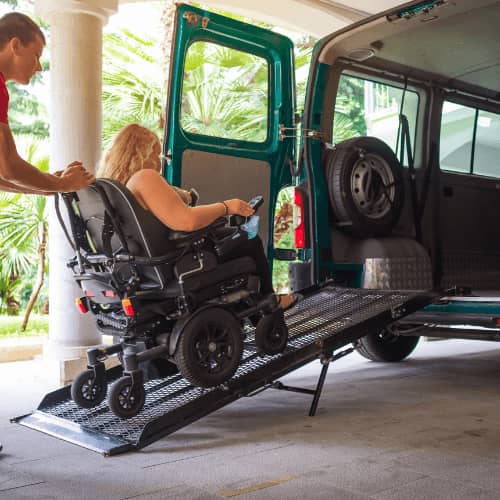
Assist with Travel and Transport
Assisting with the travel and transportation of individuals with disabilities is an important aspect of ensuring their mobility, independence, and access to various services and activities.
Here are some considerations for assisting with the travel and transport of people with disabilities:
Accessible Vehicles: Ensure that transportation vehicles, whether public or private, are accessible and equipped with features such as ramps or lifts, secure seating, and sufficient space to accommodate wheelchairs or mobility devices.
Mobility Aids: Assist individuals in safely boarding and disembarking from vehicles, especially if they use mobility aids such as wheelchairs, walkers, or scooters.
Assistance with Transfers: If necessary, provide assistance with transferring individuals between their mobility device and the vehicle, ensuring their safety and comfort.
